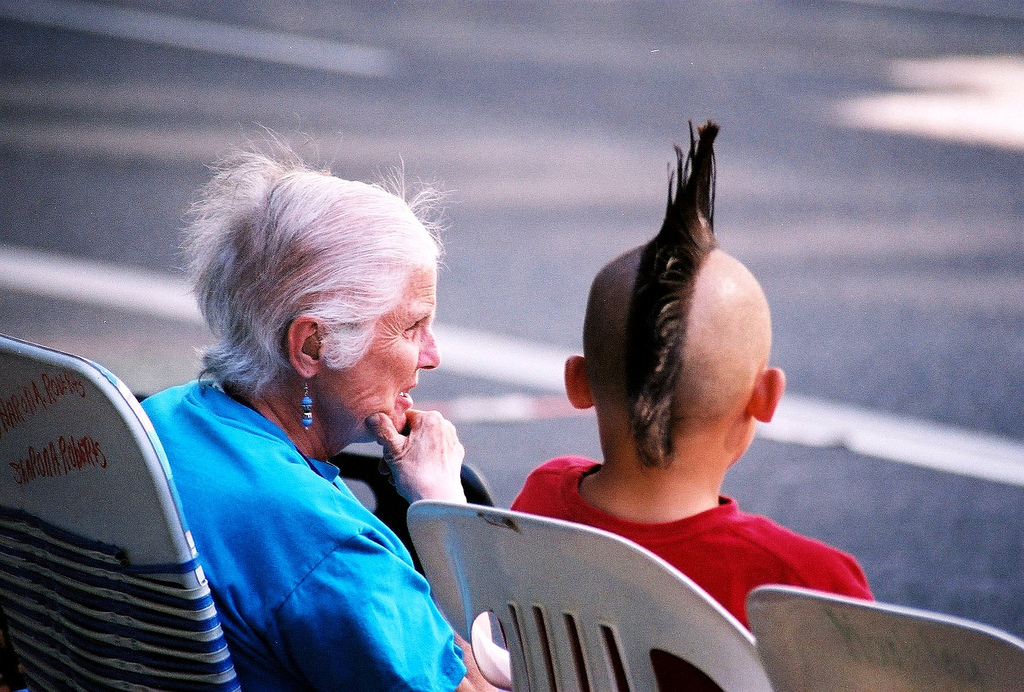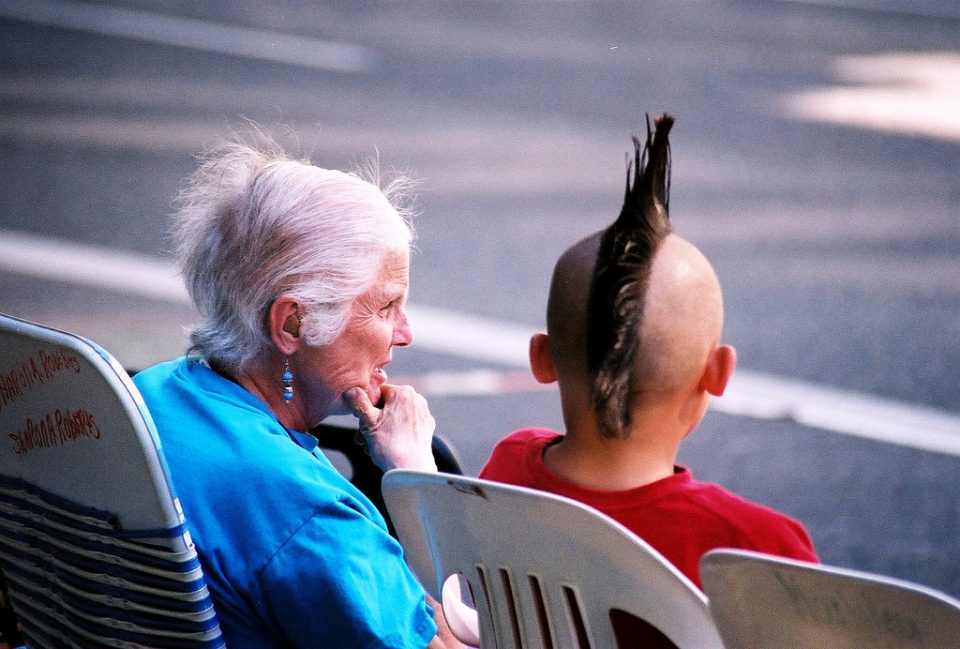
“Young, old generations do not understand each other”
Complaints and conflicts are piling up between the young and old as Korea is rapidly becoming an aging society, which leaves the young working class with a heavier economic burden to take care of elderly citizens. “The rapidly ageing population and low birthrate have put our society at risk, inevitably landing the younger generations a more severe economic burden,” said Park Jae-hong, emeritus sociology professor at Gyeongsang National University. Park says Korean society started to see generational conflicts as a social issue in the mid-2000s. “The elderly population has increased rapidly which also raises the basic pension, national pension and medical insurance costs, which will be a burden on younger generations. But due to the country’s low birthrate, there is also a continuous decrease in the younger population, becoming an even greater burden,” he said.
According to a Ministry of Economy and Finance report released in December, tax, national pension and medical insurance premiums took up 27 percent of the GDP in 2017, meaning an average household paid 6.67 million won. Due to the rapidly aging population and resultant steep rise in welfare expenses, the International Monetary Fund (IMF) predicts the ratio will go up to 34 percent by 2027, meaning each household will need to pay over 10.1 million won annually.
Complaints against each other
A recent study shows most young people believe the generational conflict has become severe. According to a report by the National Human Rights Commission, which surveyed 1,000 people over the age of 65 and 500 young adults between 19 and 39, 40.4 percent of the elderly and 90 percent of younger people said they had difficulty communicating with the opposite group. Young adults found generational conflicts to be severe between the young and the old, with 82 percent of people in their 20s to 30s claiming it has become a critical social issue, nearly doubling that of senior citizens at 44.3 percent. Some 44 percent of the elderly and 80.4 percent of the 20-30s group said they experienced strong conflict with the other groups. About 67 percent of the younger generation said the generational conflict is expected to worsen in the future. Some young people use hateful expressions toward the elderly, and coin phrases to belittle senior citizens, such as mocking their dentures. They share clips in which elderly people browbeat young people into leaving their seats on the subway or bus so they can sit. “I’ve experienced so many rude elderly people: they cut in line and demand seats on the subway. It seems they believe they have the right to do so only because they are old, while not following basic social principles,” said a 32-year-old officer worker in Seoul, who asked not to be named.
On the other hand, the older generation complains that the younger generation is too selfish. “Younger people don’t want to sacrifice. They need to know how to dedicate to and sacrifice for the government and society so the next generation could have a better life,” a 70-year-old surnamed Kim said asking not to be named. Some experts point out that the young and the old have to compete with each other even in the labor market. Experts say the slowing economy has made it difficult for the younger generations to land jobs, gradually increasing the youth unemployment rate. On the other side of the spectrum, older people have to continue working as they lack retirement savings. The social phenomenon has formed even greater conflicts between the young and the old. Some experts are calling on the government to establish an organization that garners opinions from the conflicted generations to find a better solution to the problem. “There needs to be an organization that gathers opinions and conducts official discussions about how the younger generations can effectively support the fast-aging population and how society can find a balance between youth and elderly unemployment,” the Korean Women’s Development Institute said in a report.
Some believe the employment conflict between the age groups should be considered a class issue. “Elderly employment is nothing new. The employment of the young and the elderly should not be seen as a competition between generations but rather a class issue,” Park said. In November, the rights commission, along with other human rights research institutes, held a debate on how to resolve inter-generational conflicts. Many experts pointed out at the time that the central and local governments need to work together and come out with countermeasures to reduce generational conflicts. “There is not a social environment and education system that helps elderly and younger generations learn how to respect and understand each another,” said Song Oh-young, section chief of the society of human rights department at the commission. “We are in dire need of communities and associations different generations can attend together such as festivals, cultural activities and education programs.” The local and central government needs to be involved in the process, and discuss which organizations could proactively manage the functions, he added.
By Kim Hyun-bin
(Korea Times)



